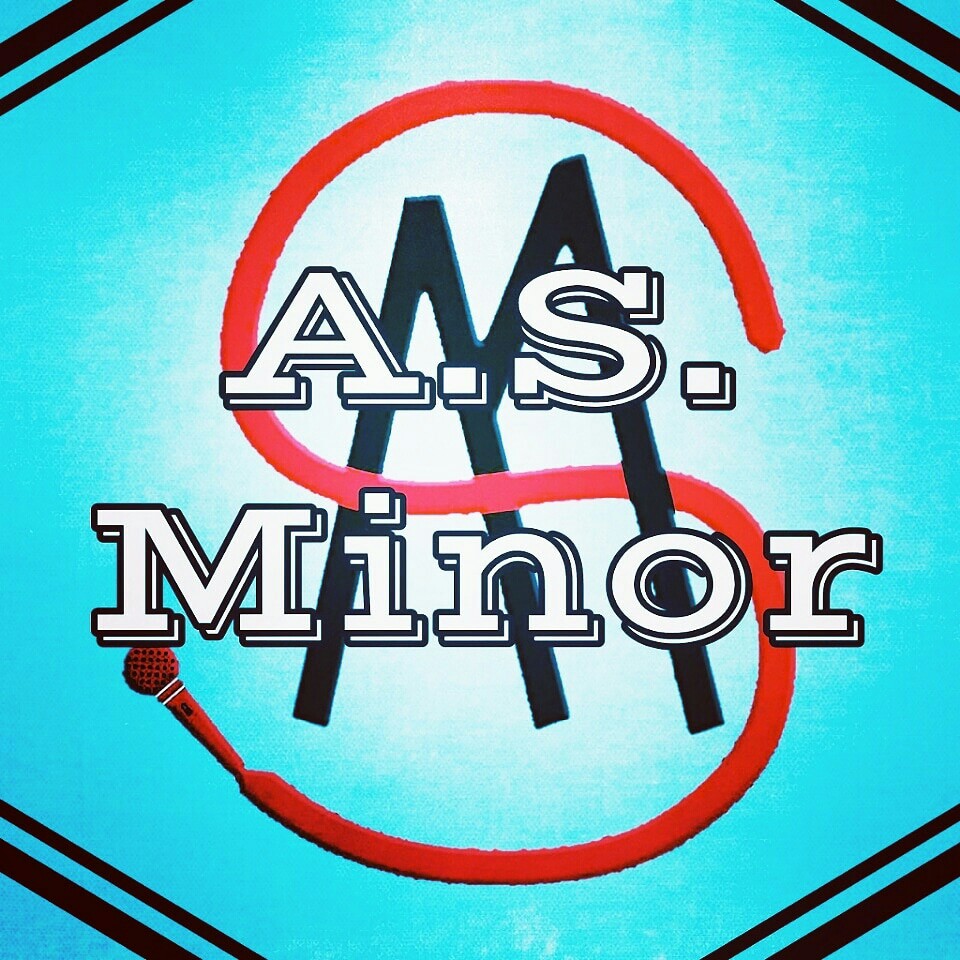As a United States Army veteran, I am so proud of my service, and I feel nothing but gratitude when someone thanks me for it. It reminds me what I did during that time really meant something to people. To be honest, there have been times when the idea that it meant something positive to other people was more impactful than the pride I felt. That’s not to say that, during those times, I wasn’t proud to be a veteran and to have serviced my country. Rather, that’s to say that there’s an inherent duality that comes with the phrase “Thank you for your service” that many non-veteran civilians don’t realize.
When I first got out of the military, I was a mess. I spent a couple years sleeping on my stepdad’s couch, spending at least 4-6 hours a day, every day, at a bar. Usually, I wasn’t even getting drunk; I was just sitting there to surround myself with the atmosphere of loud music, and people laughing and having fun while not even noticing me. It was the closest to isolation that I could get without actually isolating myself. During that time period, I was plagued by nightmares, depression, guilt, and loneliness, but I was desperately trying to find something to hold onto. To this day, I’m convinced that if it wasn’t for my stepdad, I could’ve very easily become homeless or just another veteran suicide statistic.
I won’t get into detail about my job as a Mortuary Affairs Specialist, because this article is not just about me, per se; it’s about thanking veterans for their service. Within a few years of getting out, I met some fellow veterans who were also writers, and that’s what saved my life. We put on an hour-long stage performance using spoken word poetry to detail our lives before service, during service, and after service, and we performed this show all over, receiving national attention. One of the pieces from that show, entitled “Thank You For Your Service,” is at the bottom of this article.
This particular piece was very important to me, because, over the years, I’ve met countless veterans who had come home physically and/or mentally injured. I’ve met veterans who had lost limbs, who had lost friends to death while enlisted and lost family afterwards due to their issues from their time in service. I’ve met homeless veterans, and I’ve stood at the graves of our soldiers who became that statistic I mentioned above. But, most of all, I’ve met a lot of veterans who are ashamed. Countless men and women who couldn’t share their experiences with their friends and family because they wouldn’t understand or would perhaps view them differently if they knew the gory details.
One of my favorite lines from the video below is, “Please don’t take this as a slight against those who would thank us, because we really do appreciate it, but please understand that when you thank us, you are not simply thanking the uniform and what it represents, but you are also thanking the individual and what they have done since they put it on…” This quote really illustrates the aforementioned duality with the phrase, because the person thanking them has no idea what this person has done in service of their nation. Brave men and women forced to do things that, for many, went against all of their morals. I once had a Vietnam veteran approach me in regards to that piece and say, “I know exactly what you mean; are they thanking me for killing an entire family? Are they thanking me for trading my youth for a broken back? Are they thanking me for watching my brothers and sisters in uniform die in my arms?”
That’s not to say that the phrase isn’t appreciated. We all know what is meant by it: “Thank you for the sacrifices you made to protect this country and its freedom.” Believe me when I say that it’s appreciated, because I’ve spoken to Vietnam vets who, upon returning home from war, were called “baby killers” and refused service at restaurants; these were men and women who, instead of getting thanked, they were shunned from society because all the intimate details of the war were being broadcasted, and society blamed those atrocities on the soldiers. So I recognize and appreciate it every time someone thanks me. But that’s the duality of which I speak; if society hadn’t been informed of the things they were forced to do, then I think they would’ve thanked the soldiers coming home from Vietnam, too.
The purpose of this article is not to denounce the phrase. It’s merely to point out the awkwardness that many veterans feel when they hear it. I do not speak for all veterans, and it would be unfair if I tried. I’m simply trying to illustrate that the purpose of veteran’s day, and of showing your appreciation towards vets, is to recognize the deeds and sacrifices of these brave men and women. Oftentimes, “Thank you for your service” gets said almost as a reflex, like saying “bless you” when someone sneezes. But if we’re going to take the time to recognize them, then I think it’s also important to recognize that a veteran is more than just the uniform; they’re people with beliefs, feelings, and trauma. We’ve got to take the time to honor that, as much as the ribbons on our chest.

